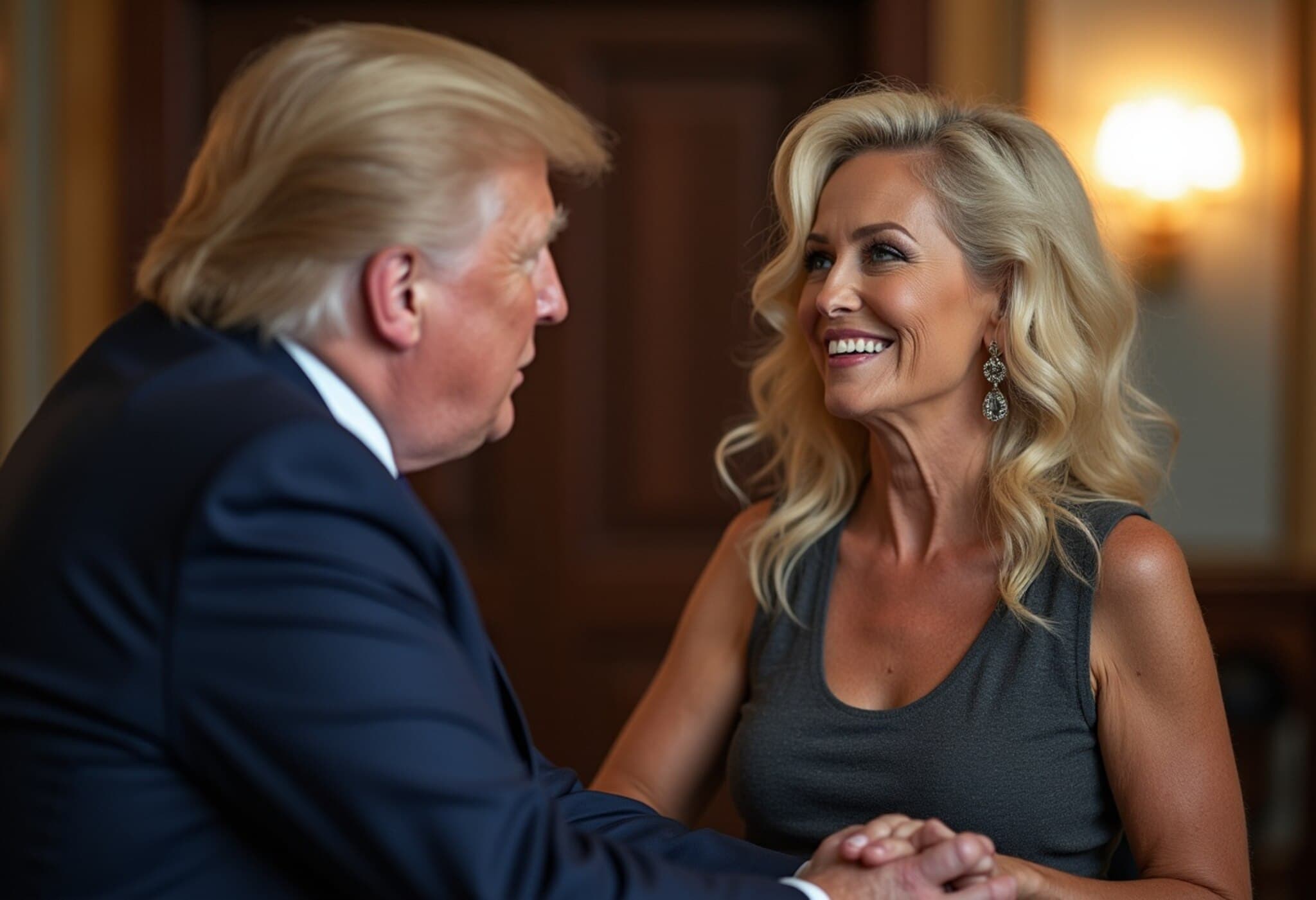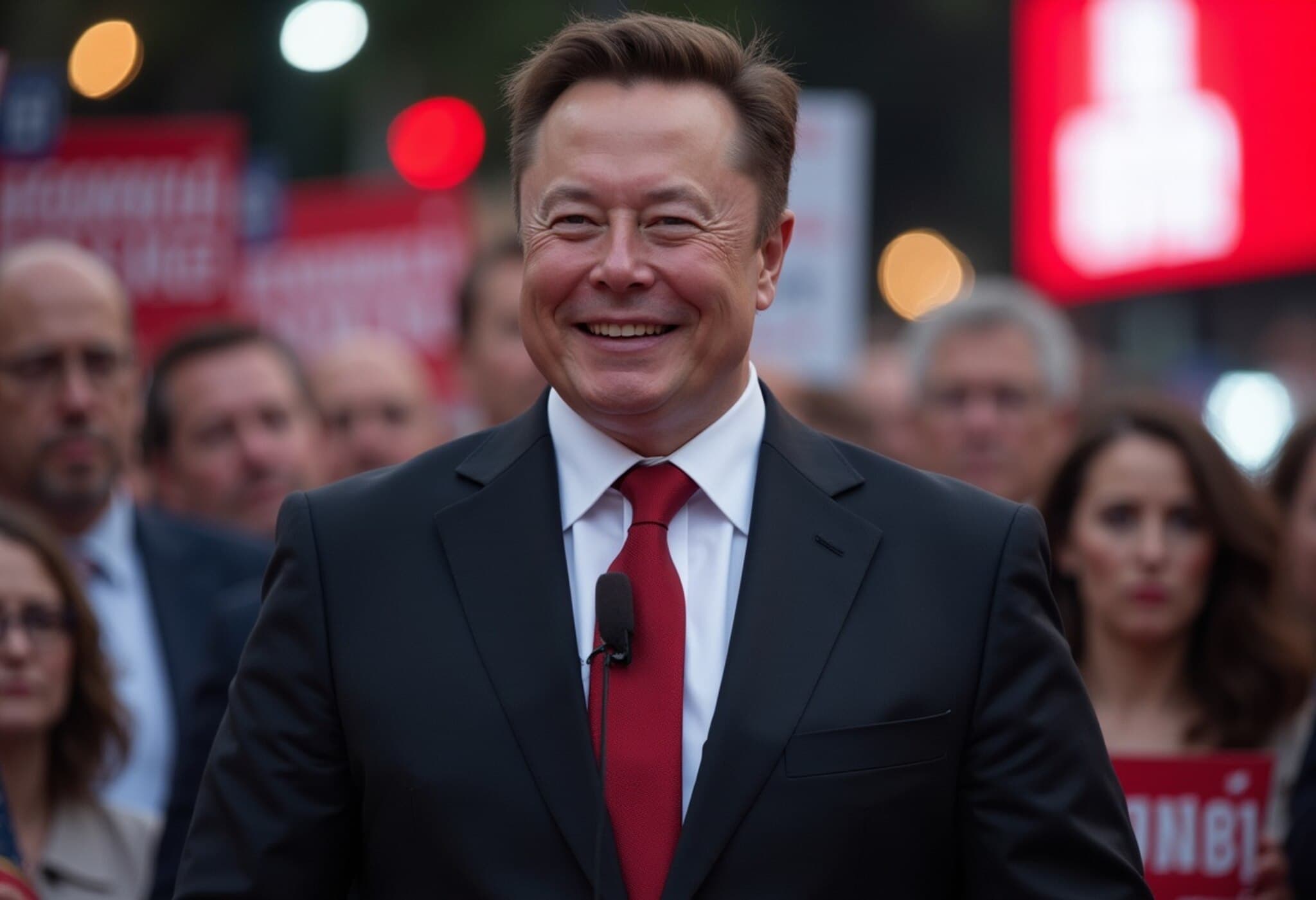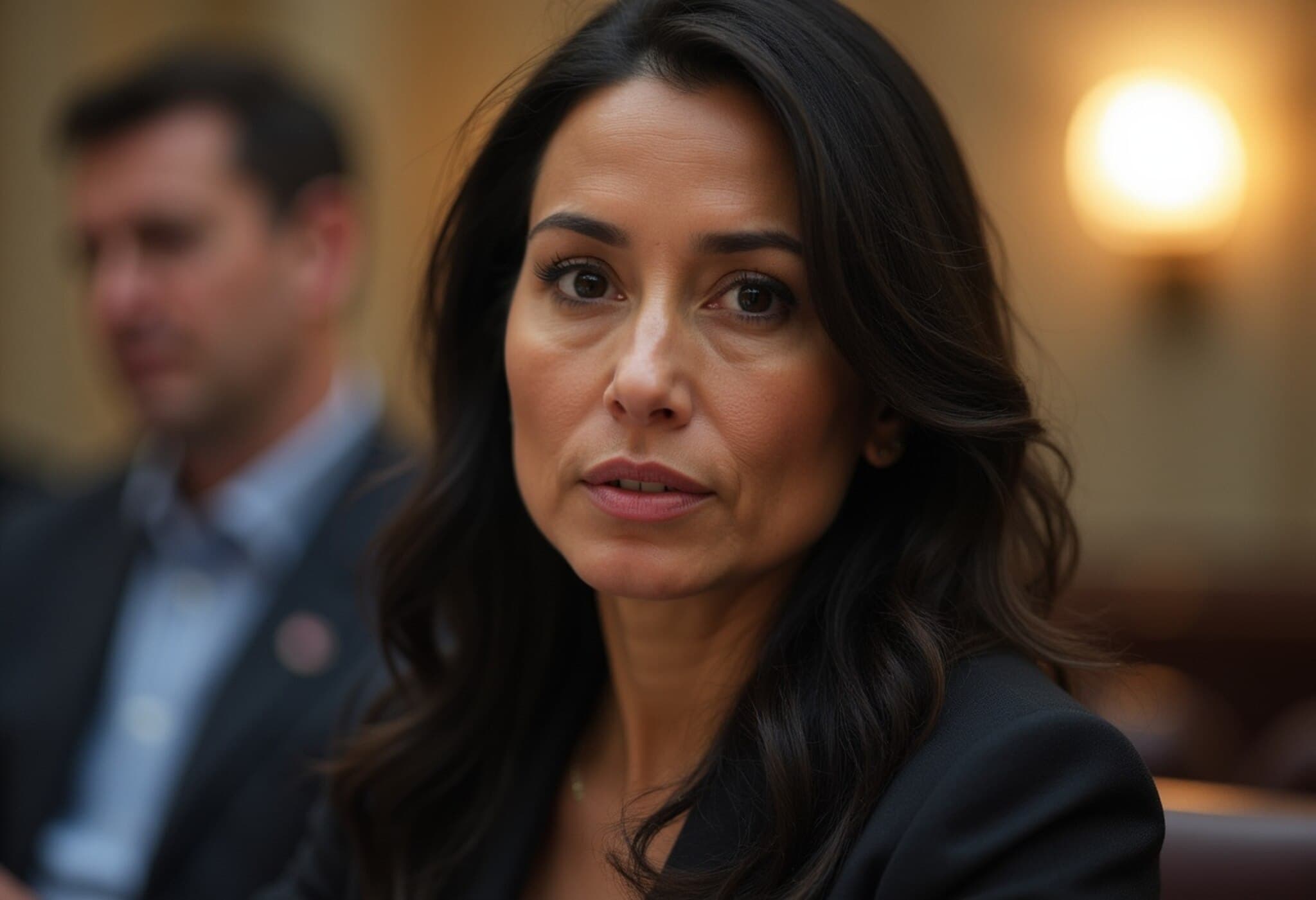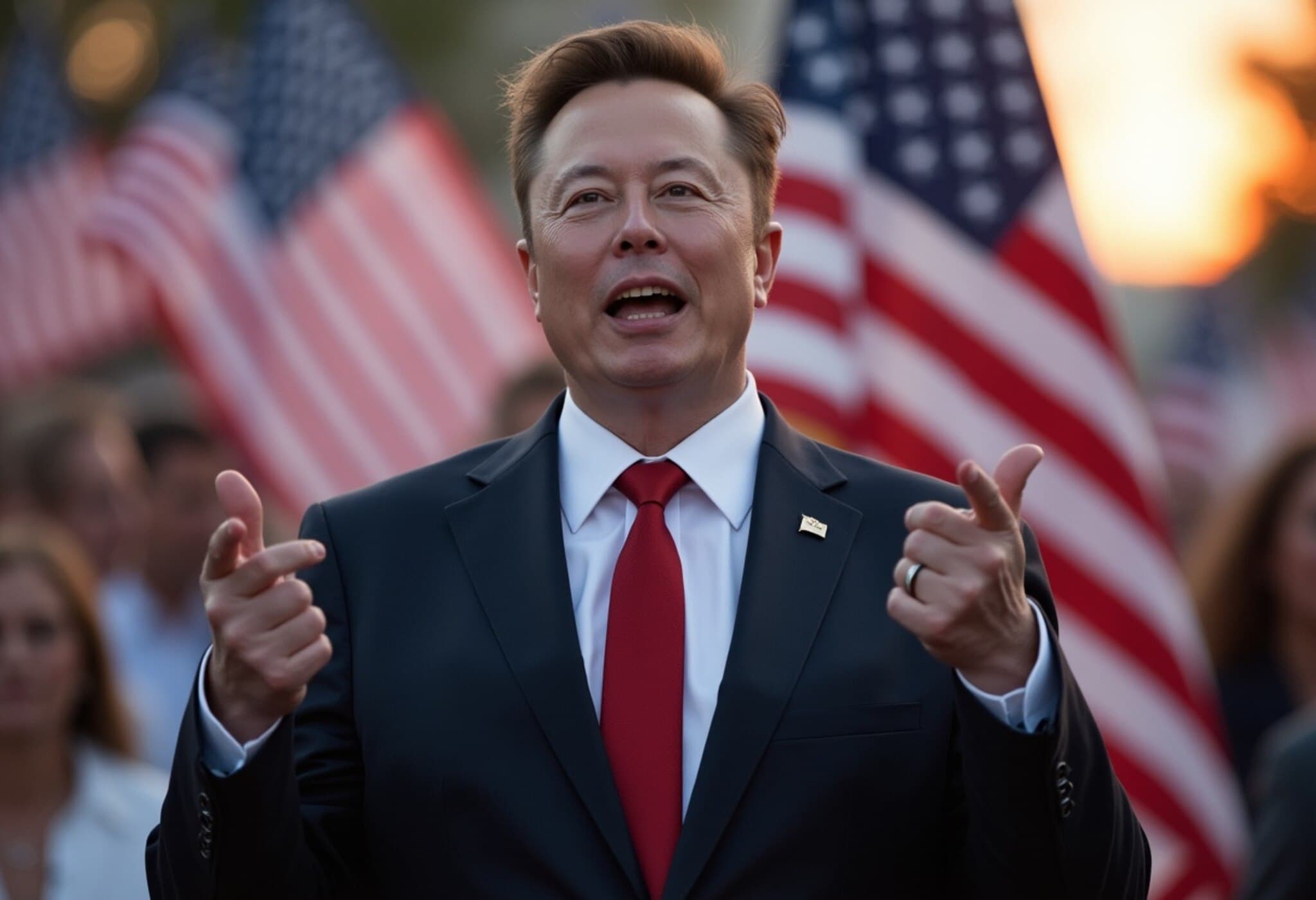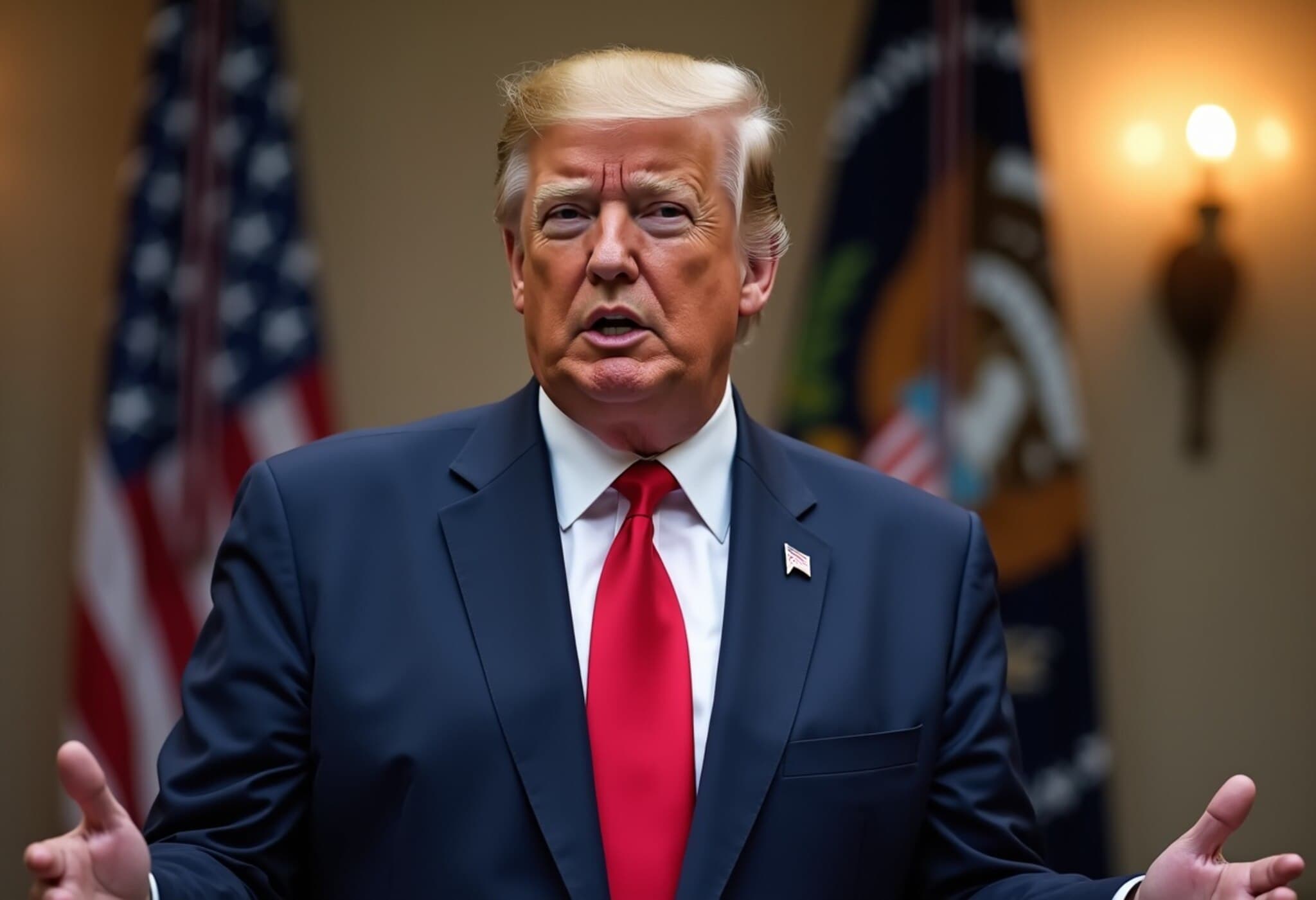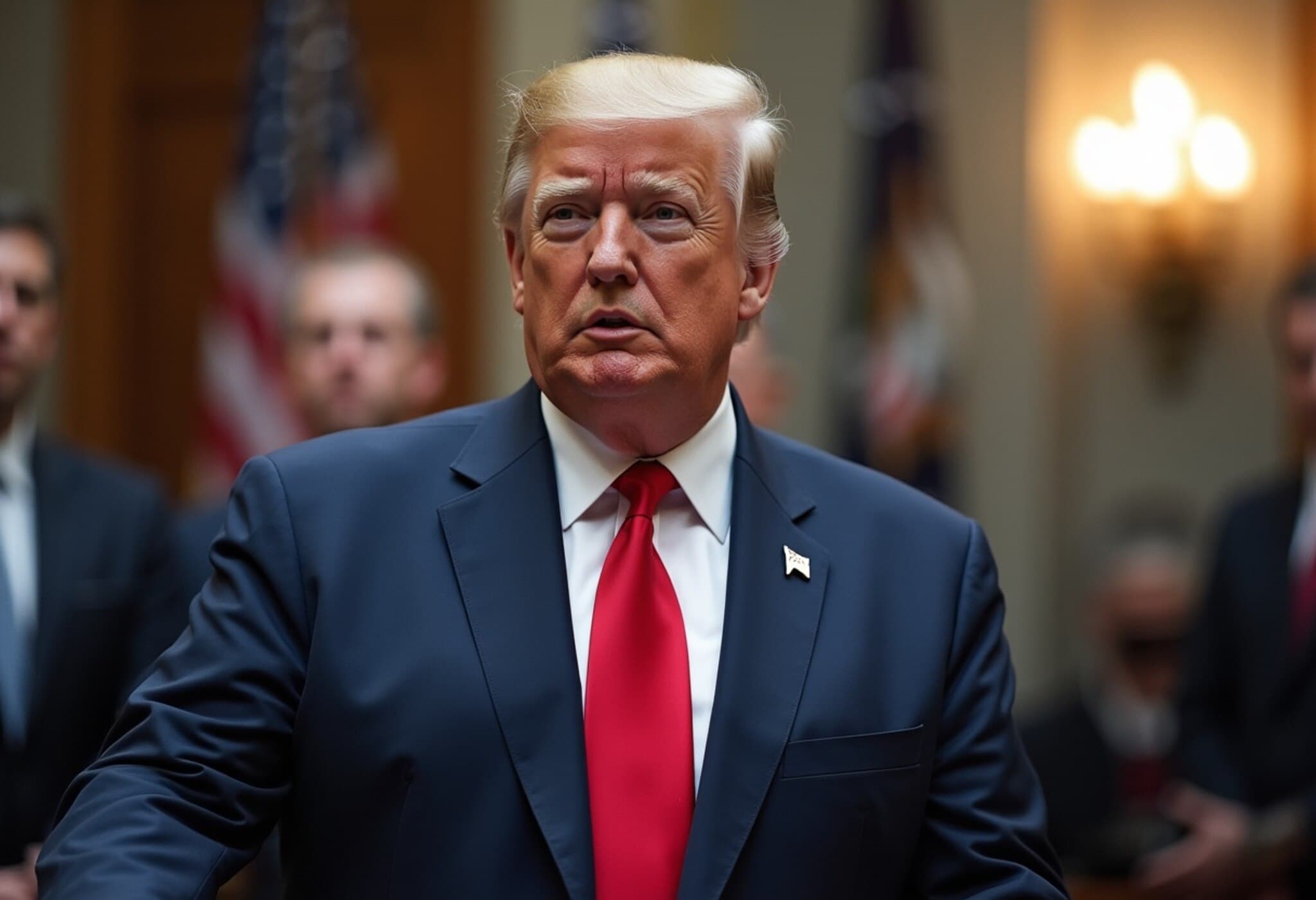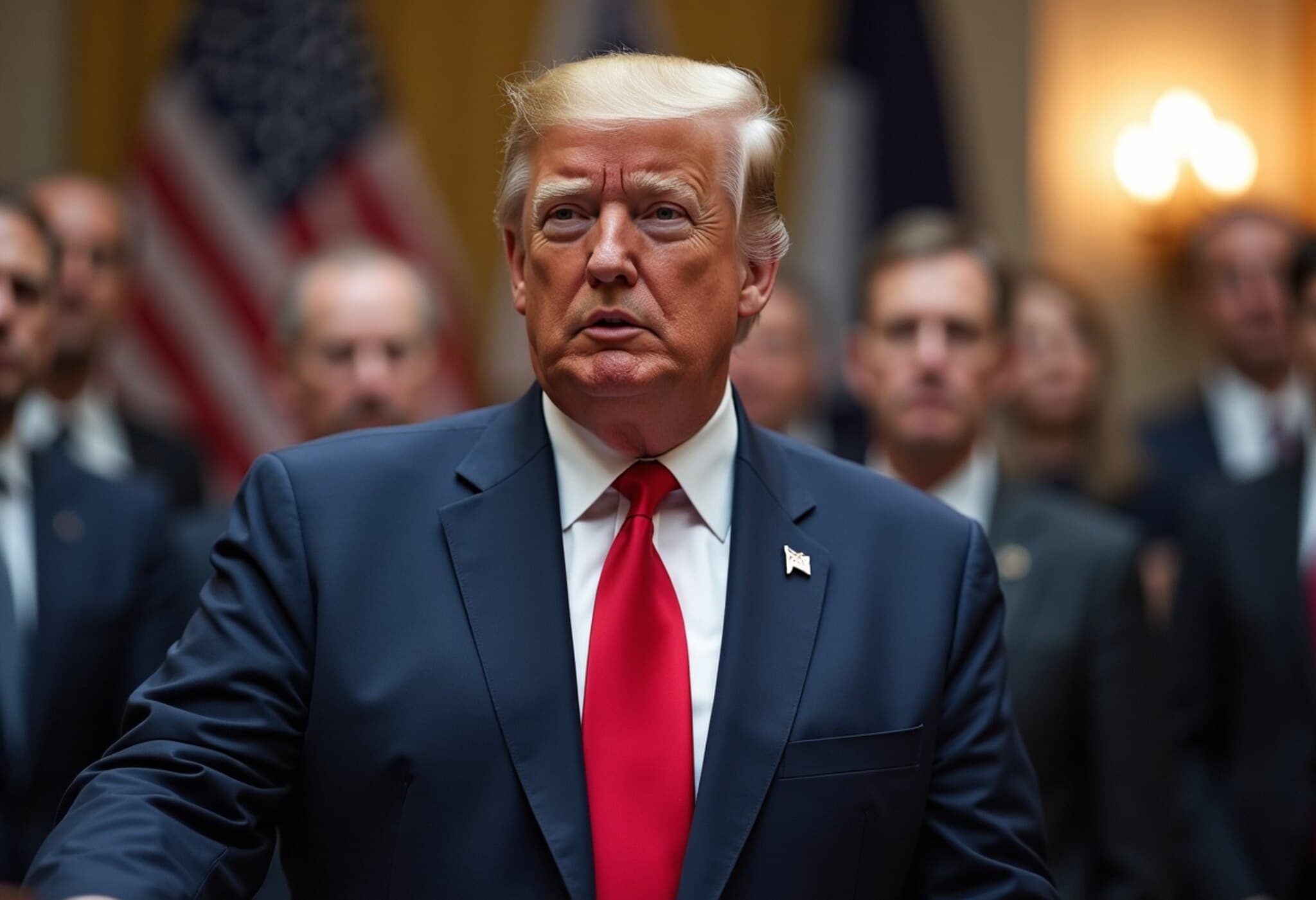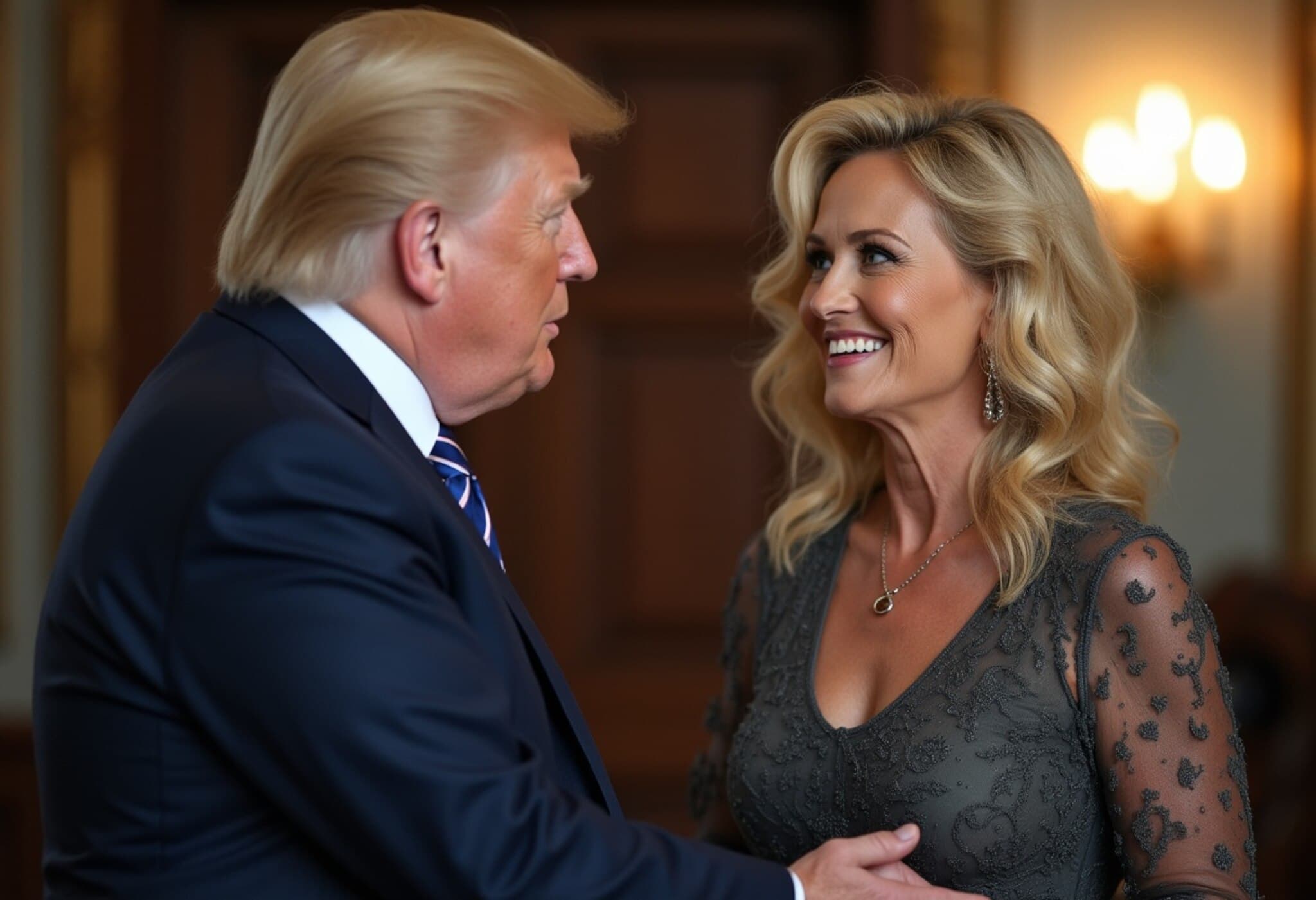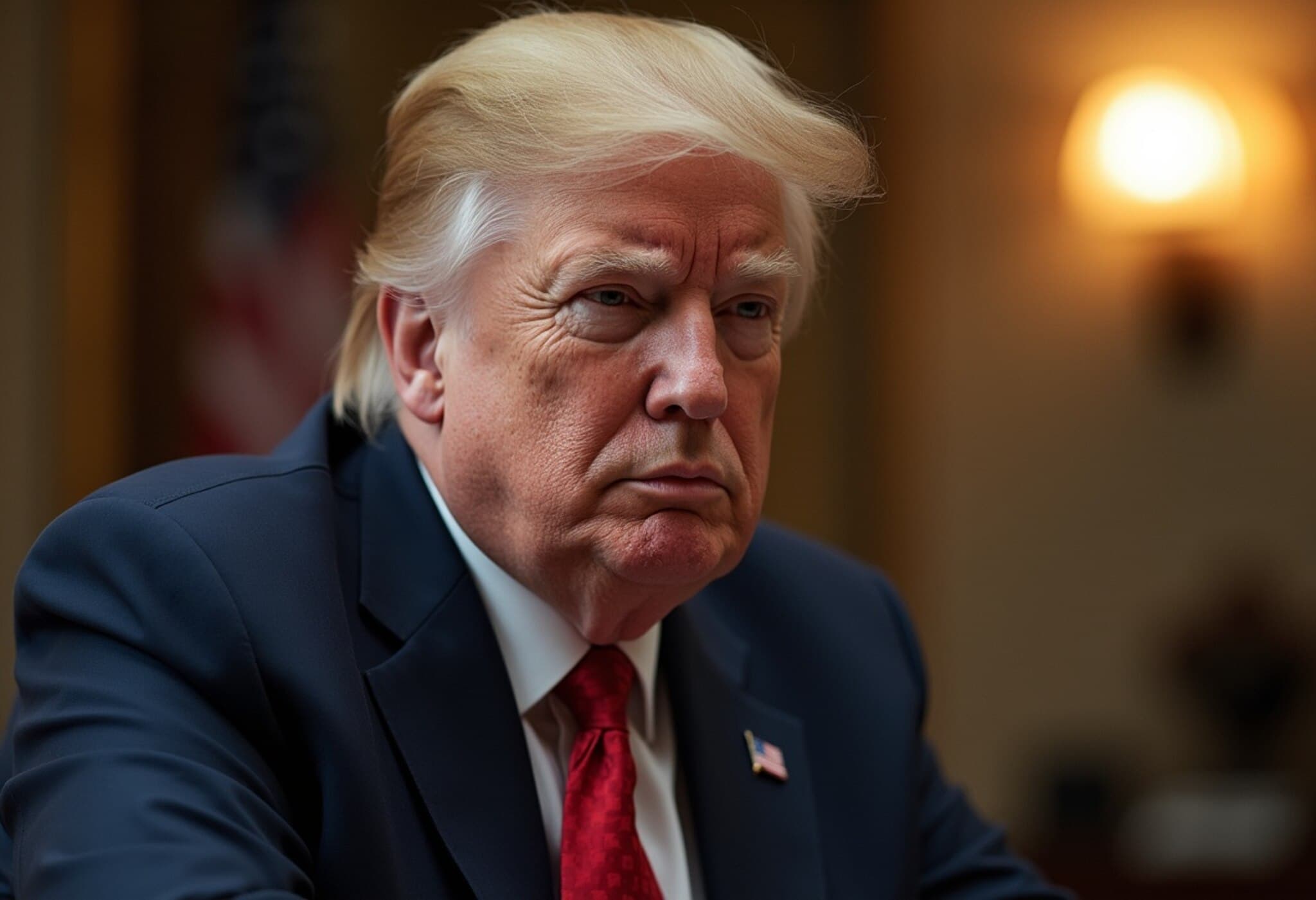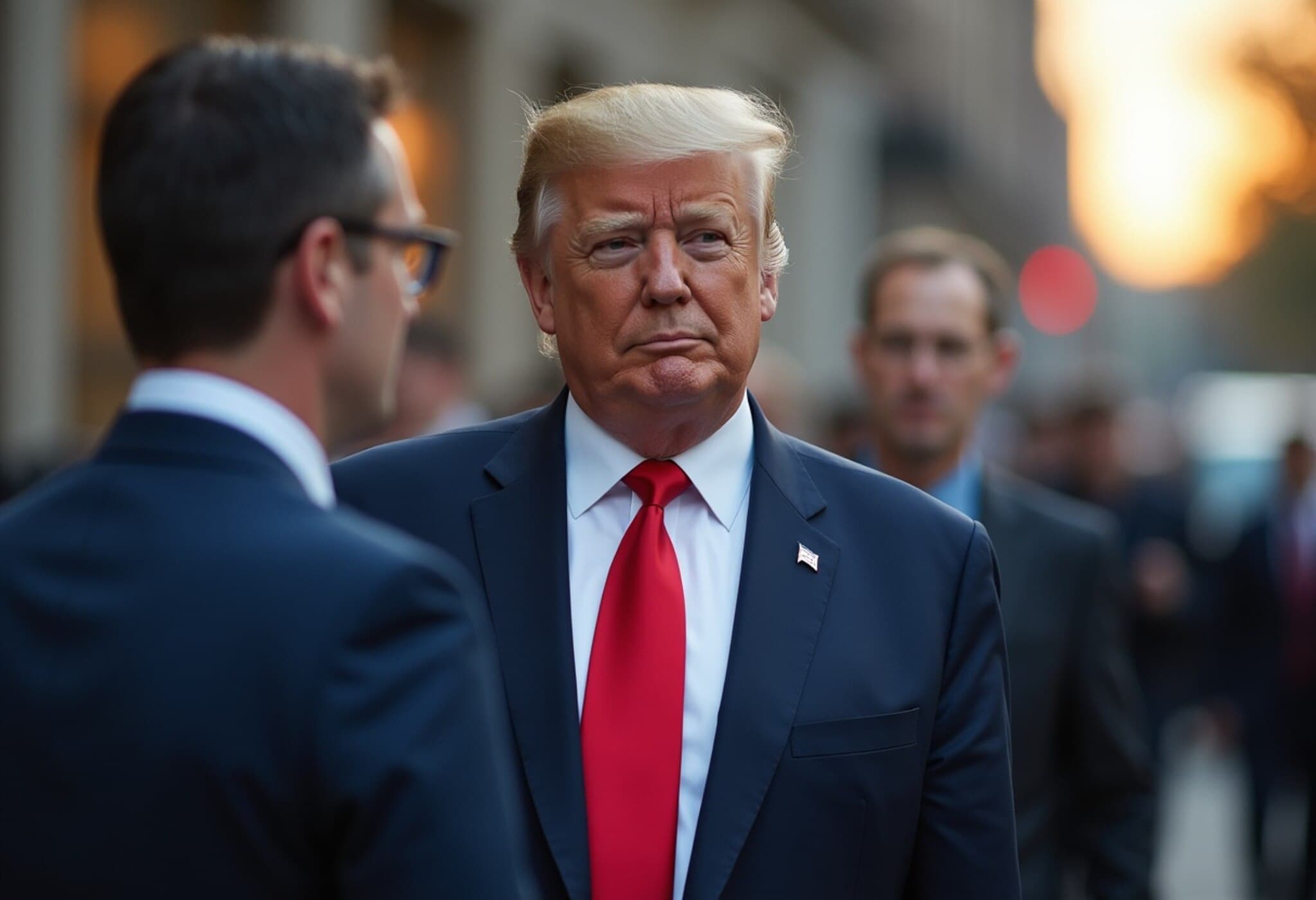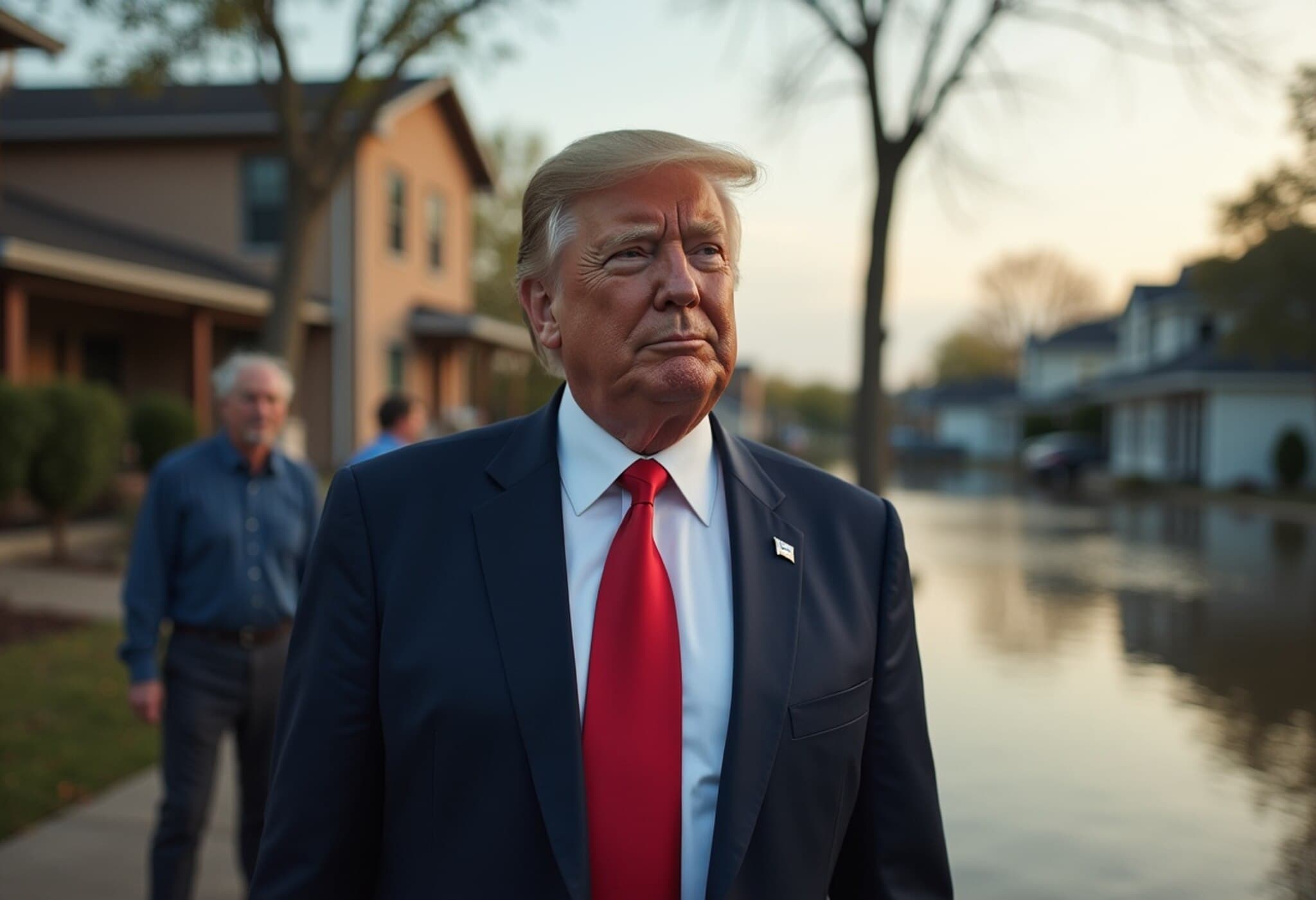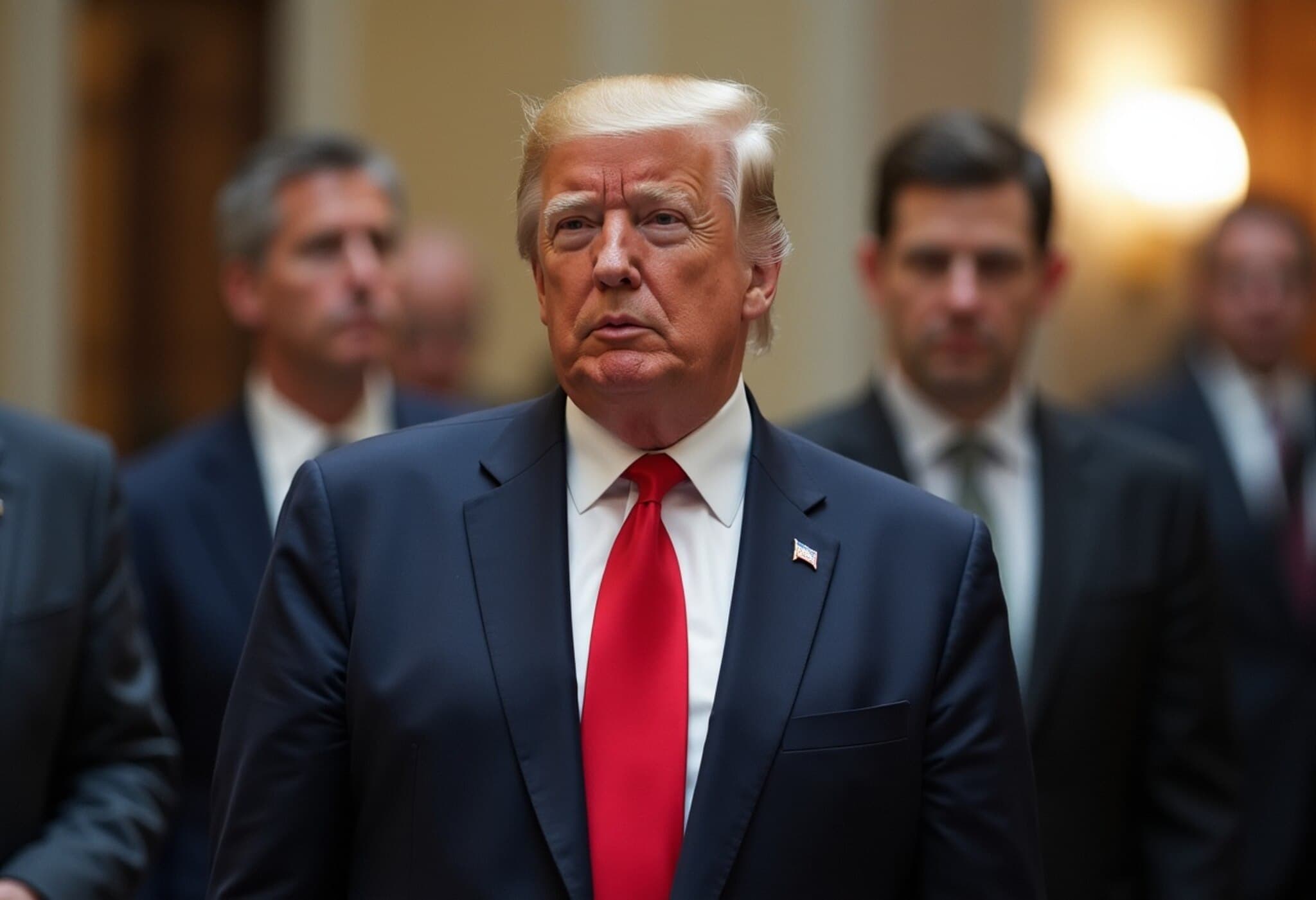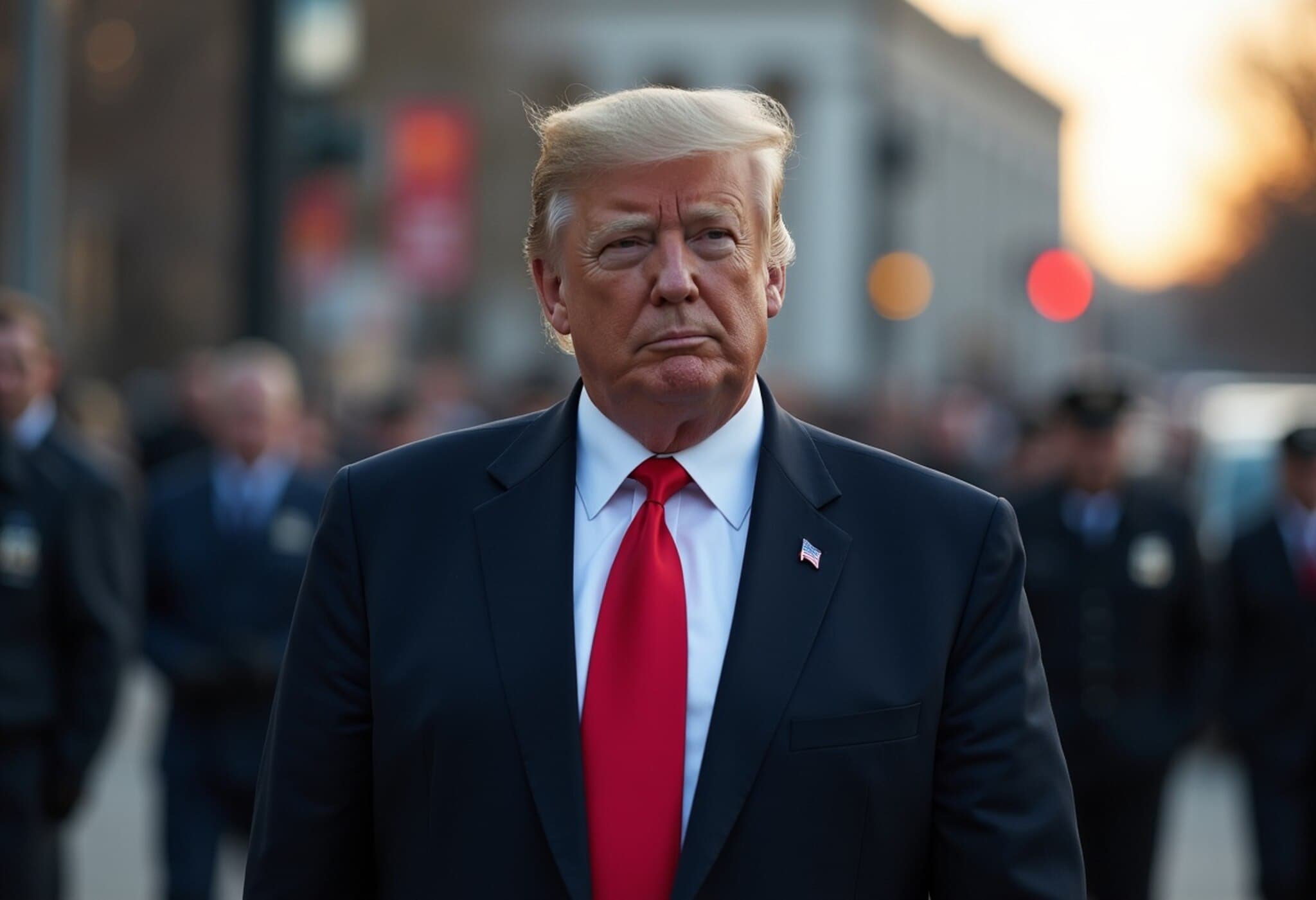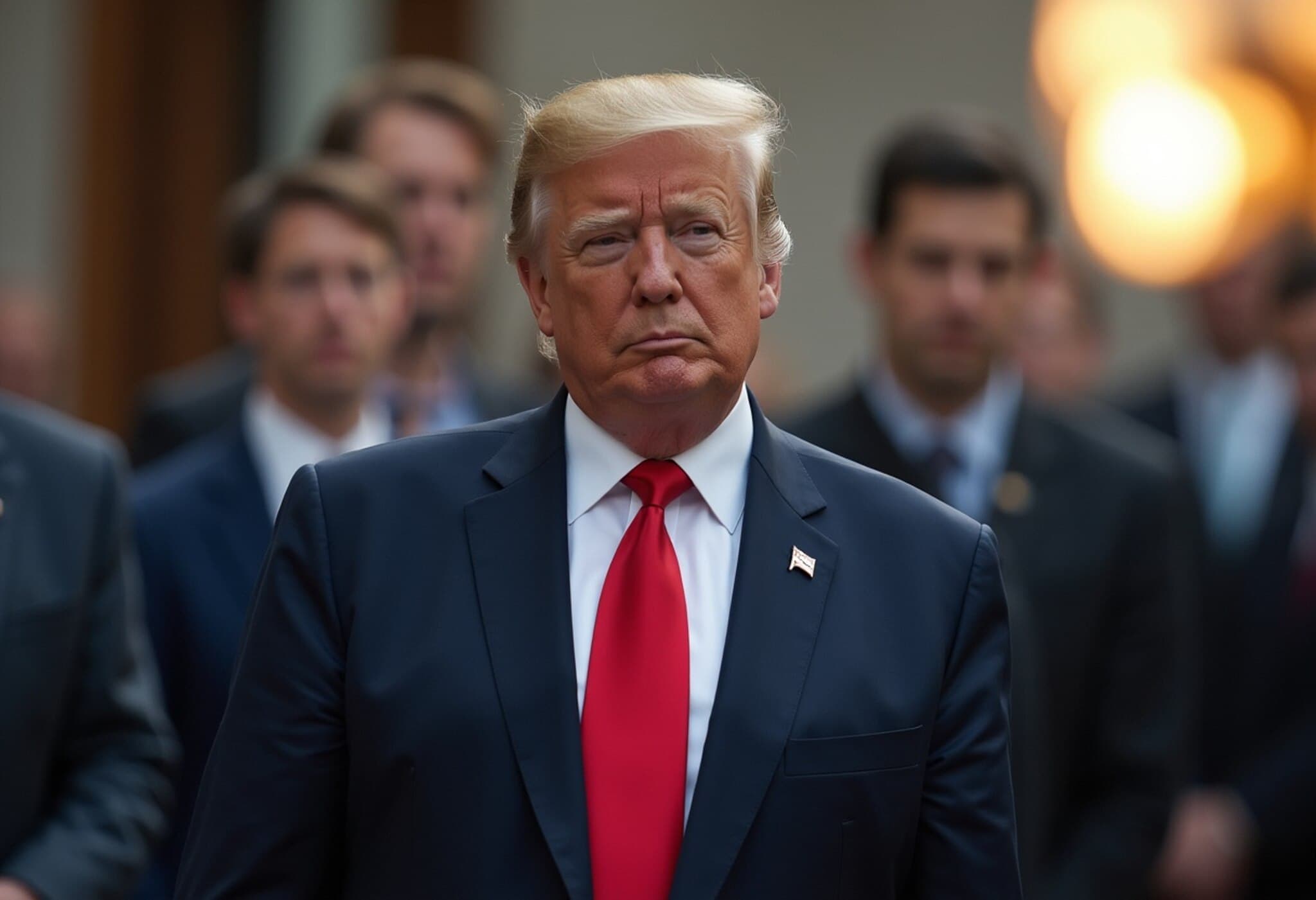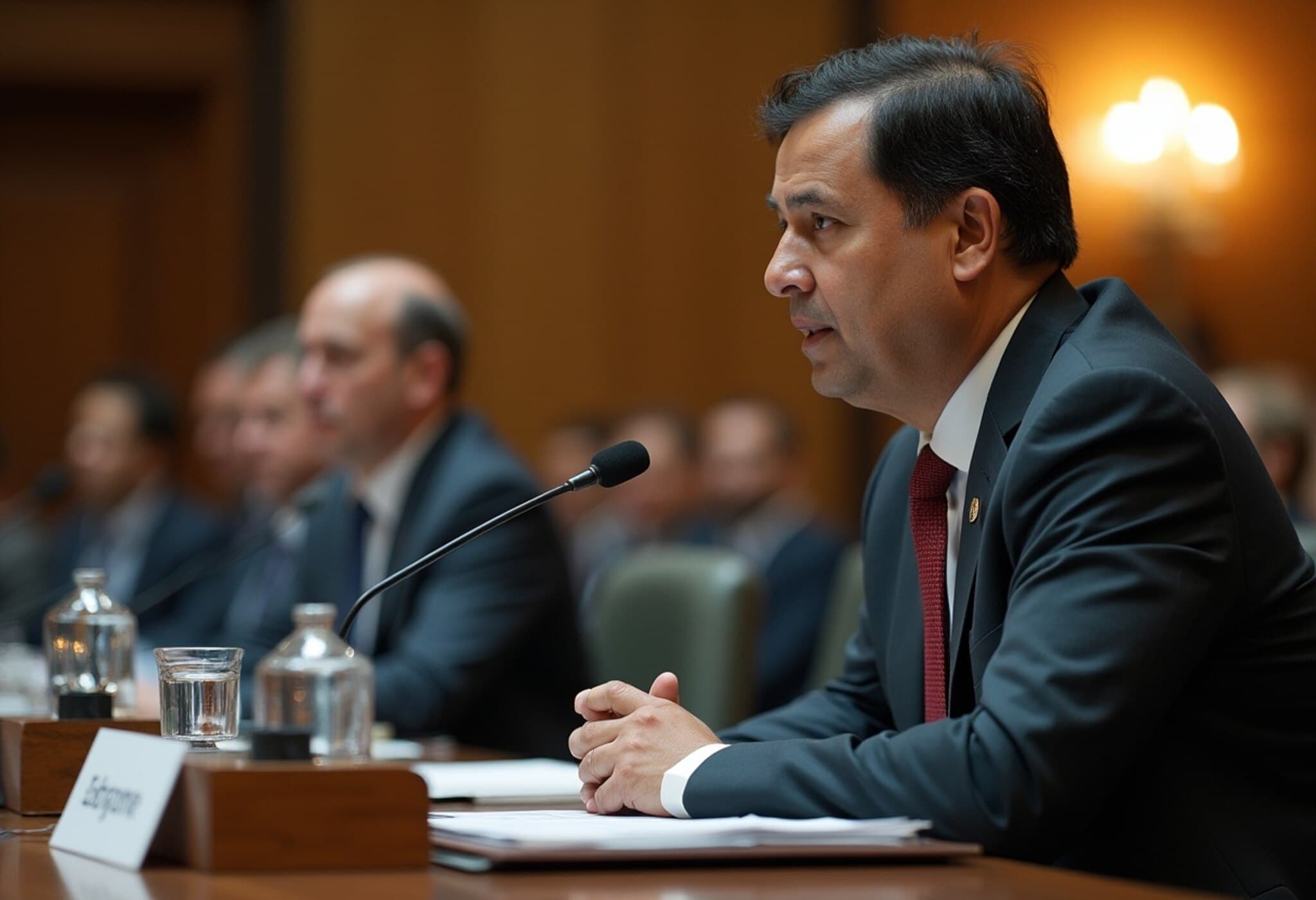Trump Escalates Feud with Rosie O'Donnell Over Texas Flood Response
In a startling exchange that has reignited one of Washington's most high-profile celebrity spats, former US President Donald Trump publicly threatened to revoke the citizenship of talk show host Rosie O'Donnell after she vocally criticized his administration's management of the recent devastating floods in Texas.
Backdrop of the Feud: History and Hostility
O'Donnell and Trump have shared a long-standing, adversarial relationship stretching back nearly two decades. The Emmy-winning host first clashed with Trump publicly in 2006 during her tenure on The View, frequently mocking him for his handling of controversies like the Miss USA pageant scandal.
In early 2025, amid escalating political tensions, O'Donnell relocated to Ireland with her young son, citing concerns about the social environment in the United States under Trump's renewed influence. She has stated her return to America will depend on it becoming 'safe for all citizens to have equal rights.'
What Did Trump Say?
On July 12, 2025, Trump posted a salvo on his social media platform Truth Social: he threatened to strip O'Donnell of her US citizenship, labeling her a "Threat to Humanity" and suggesting she remain in Ireland if the country welcomed her. His message portrayed O'Donnell as a detriment to the “great country,” implying that her criticisms were not aligned with American interests.
However, under US law, the president does not have the authority to revoke citizenship, particularly for those born in the United States like O'Donnell, a New York native. Legal experts emphasize that such a move would be unconstitutional and a violation of fundamental civil rights.
The Legal and Political Implications
- Constitutional Protections: The Fourteenth Amendment guarantees citizenship to those born on US soil, making citizenship revocation by presidential decree unlawful.
- Precedent Concerns: Trump's rhetoric echoes previous efforts to target foreign-born protesters, raising alarms about expanding executive power to silence critics.
- Political Weaponization: This incident highlights the increasing use of citizenship status as a political tool rather than a legal status.
The Texas Flood Criticism That Sparked the Controversy
The latest clash centers on the catastrophic floods in Texas which resulted in 119 fatalities. In a heartfelt TikTok video, O'Donnell mourned the loss and directly criticized the Trump administration’s significant budget cuts to environmental and scientific agencies responsible for disaster forecasts and early warnings. She lamented, "when the president guts all the early warning systems... these are the results we’re gonna see on a daily basis."
Despite growing criticism, Trump defended his administration’s efforts, insisting that federal and state agencies “did an incredible job under the circumstances.” The incident has reopened debates about the adequacy of disaster preparedness, climate policy, and government accountability.
Expert Perspective: The Broader Context of Leadership and Responsibility
From a policy standpoint, this exchange underscores a troubling trend where political leaders conflate criticism with personal attacks, undermining democratic norms of accountability and free speech. The Texas floods expose deeper vulnerabilities in America’s infrastructure and readiness for natural disasters, amplified by contentious budget decisions and climate policy directions.
Furthermore, using citizenship as a conversational weapon reflects an erosion of societal values where dissenting voices risk exclusion or punishment instead of fostering constructive dialogue. Legal analysts warn this rhetoric threatens civil liberties and may embolden more authoritarian approaches nationally.
Rosie O'Donnell's Response
O'Donnell responded to Trump's threats thoughtfully on Instagram, emphasizing that her opposition stems from standing against everything Trump represents. Her return to the US, she reiterates, remains tied to civic equality and safety conditions that protect all citizens.
Conclusion: What This Means for American Politics and Society
This episode illustrates the fraught intersection of celebrity culture, political power, and policy critique in modern America. It raises critical questions about the limits of presidential influence, the resilience of democratic institutions, and the space for honest debate in times of crisis.
While the idea of revoking citizenship on political grounds is legally untenable, the rhetoric signals deeper fractures in the national discourse over governance, accountability, and disaster preparedness. As wildfires, floods, and climate events grow in intensity, the dialogue around federal responsibility and public trust becomes ever more urgent. Readers should ask: How should leaders balance critique, free speech, and national unity in times of crisis?

